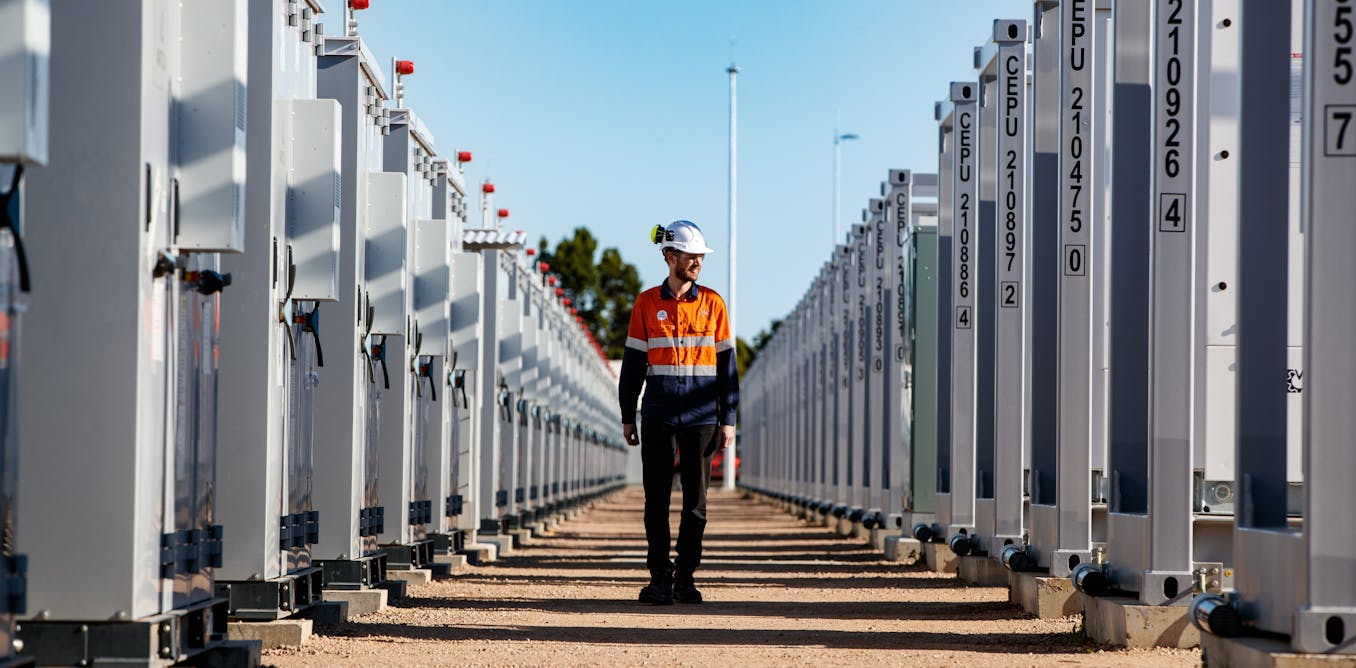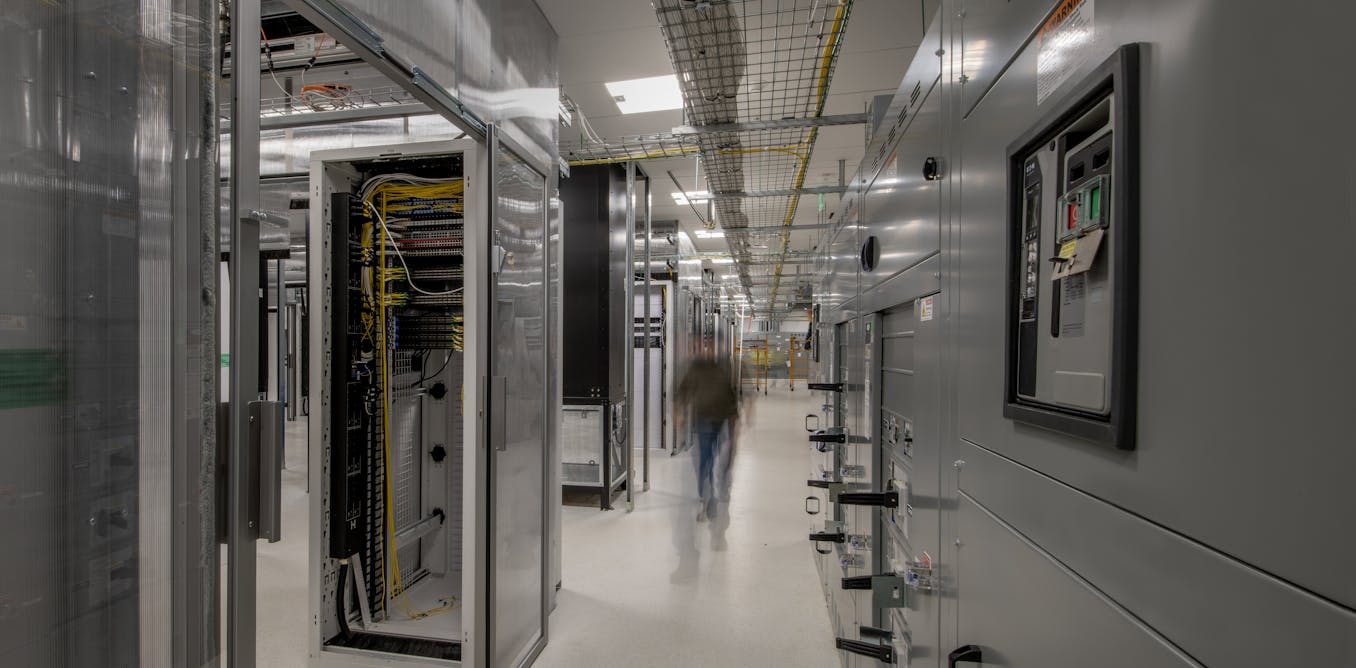The dominance of lithium-ion batteries, which power many of our everyday devices, including electric vehicles like Tesla, is facing significant challenges as new battery technologies emerge. In a recent study conducted by experts at the Fraunhofer Institute for Systems and Innovation Research in Germany, titled “Alternative Battery Technologies – Roadmap 2030+,” four distinct battery technology families were highlighted as potential challengers to lithium-ion batteries.
These include metal-ion batteries (like sodium ion, magnesium ion, and zinc), metal-sulfur batteries, metal-air batteries, and redox flow batteries. Each of these technologies offers unique advantages and challenges, with some showing great promise for replacing lithium-ion batteries in the future.
For example, sodium-ion batteries boast rapid charging capabilities and a deep cycle life, while magnesium-ion batteries offer high energy densities and safety features that make them ideal for various applications. Zinc-ion batteries, on the other hand, are well-established in global supply chains and offer stability in water, making them a sustainable option.
Metal-sulfur batteries operate on a different principle, with lithium-sulfur batteries showing promise for stationary storage applications. Metal-air batteries, particularly lithium-air, offer high theoretical energy densities but face challenges in practical implementation.
Finally, redox flow batteries, like vanadium redox flow batteries, excel in longer duration discharges and have a long operational lifetime, making them ideal for stationary energy storage applications.
While these new battery technologies show promise, they still require further development before they can be widely adopted in electric vehicles like Tesla. Solid-state and sodium-ion batteries, in particular, seem poised to replace lithium-ion batteries in the near future, offering potential improvements in performance, charging times, and lifespan.
Overall, the future of battery technology looks bright, with exciting advancements on the horizon that have the potential to revolutionize the way we power our devices, vehicles, and more. Stay tuned for more updates on the evolving battery landscape and how it could impact the future of Tesla and electric vehicles.
Watch the video by ADAM TECH
Video “No more lithium in future Tesla? The battery future here.” was uploaded on 06/16/2024 to Youtube Channel ADAM TECH


































